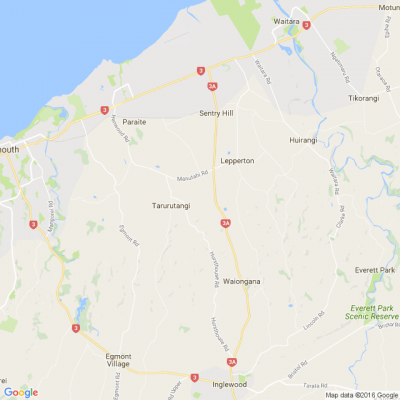
Know what’s happening
Access the private noticeboard for verified neighbours near you. Keep informed about any suspicious activity, send urgent updates to your neighbours when required and discuss emergency planning.
Get to know your neighbours
Browse the directory and start getting to know your neighbours. Don’t want to post to the whole neighbourhood? Send a private message.
Buy, sell and give away
Want to declutter your garage? Buy some used household items? Give away some garden stuff? Become a verified neighbour to browse and post items for sale. Trading is simple when everyone lives nearby.

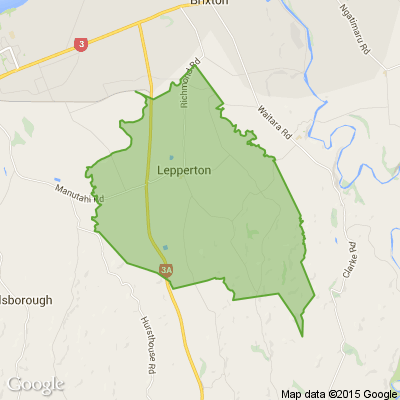
Have you made your house all Christmassy yet?
Why not share a snap to be in to win spot prizes! (and the title of NZ's Merriest Home)

Thank you for using Neighbourly
You may receive an email confirmation for any offer you selected. The associated companies will contact you directly to activate your requests.
Please see below the Spore Count readings for New Plymouth from 18.02.19. We will be updating this for you on Neighbourly on a weekly basis. If you are concerned about your stock, please feel free to contact the clinic on (06) 7584006.
FACIAL ECZEMA - What is it?
Facial eczema (FE) is a disease … View morePlease see below the Spore Count readings for New Plymouth from 18.02.19. We will be updating this for you on Neighbourly on a weekly basis. If you are concerned about your stock, please feel free to contact the clinic on (06) 7584006.
FACIAL ECZEMA - What is it?
Facial eczema (FE) is a disease of grazing ruminants and camelids. It is caused via liver damage by a toxin produced in a fungal spore that grows in the dead “litter” at the pasture base.
The ideal growing conditions are warm and damp with high humidity – often following a dry spell. If you see mushrooms growing it is ideal FE conditions.
The toxin damages the liver so that is can no longer metabolise correctly resulting in a build-up of chlorophyll in the blood (the green colour in grass). This chlorophyll reacts with sunlight to cause a deep-seated sunburn that results in the characteristic eczema signs.
Signs to look for
- a drop in milk production
- cows are restless, seeking shade and lick their udder
- exposed unpigmented or thin skin reddens, thickens and peels
Not all animals affected with facial eczema show physical signs (i.e. clinical FE) although liver damage (i.e. subclinical FE) has occurred. It is estimated that for every clinical case there will be 10 cows with subclinical facial eczema.
Prevention
There is no cure for facial eczema, so prevention is the only way of protecting animals. To be effective, preventative measures need to be in place before eczema spores are found.
Preventative measures include monitoring pasture spore count and either dosing animals with zinc or spraying pastures with a fungicide
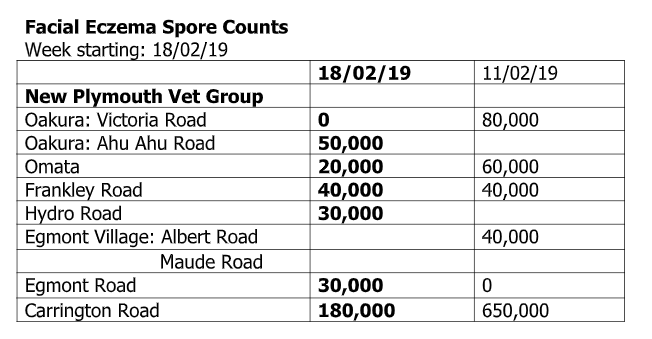
 Loading…
Loading…
Are you sure? Deleting this message permanently removes it from the Neighbourly website.
 Loading…
Loading…

 Enquiries Over $2,300,000
Enquiries Over $2,300,000



 Marketed by Jamie Gemmell
Marketed by Jamie Gemmell

 Buyer Enquiry Over $1,025,000
Buyer Enquiry Over $1,025,000



 Marketed by Pete Baylis
Marketed by Pete Baylis
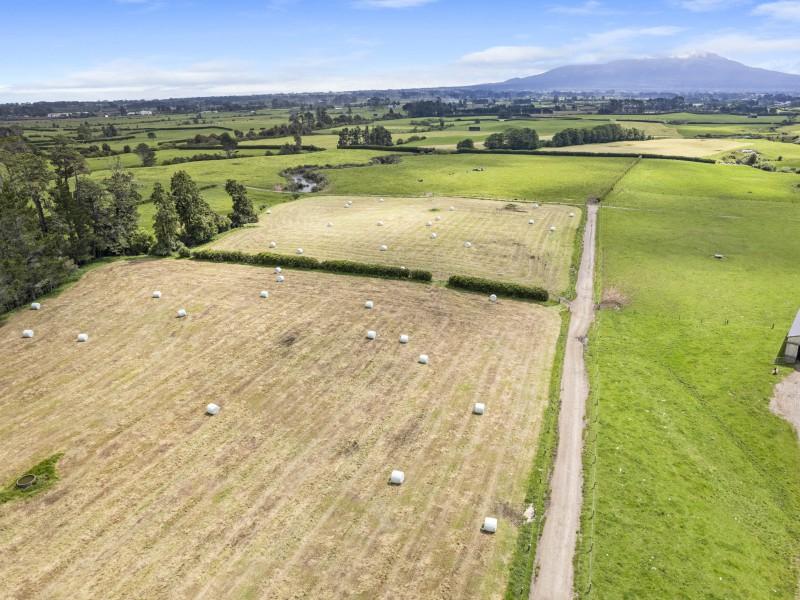
 Tender Closes 4pm Wednesday 18 December 2024 (unless sold prior)
Tender Closes 4pm Wednesday 18 December 2024 (unless sold prior)

 Marketed by Daniel Butler
Marketed by Daniel Butler
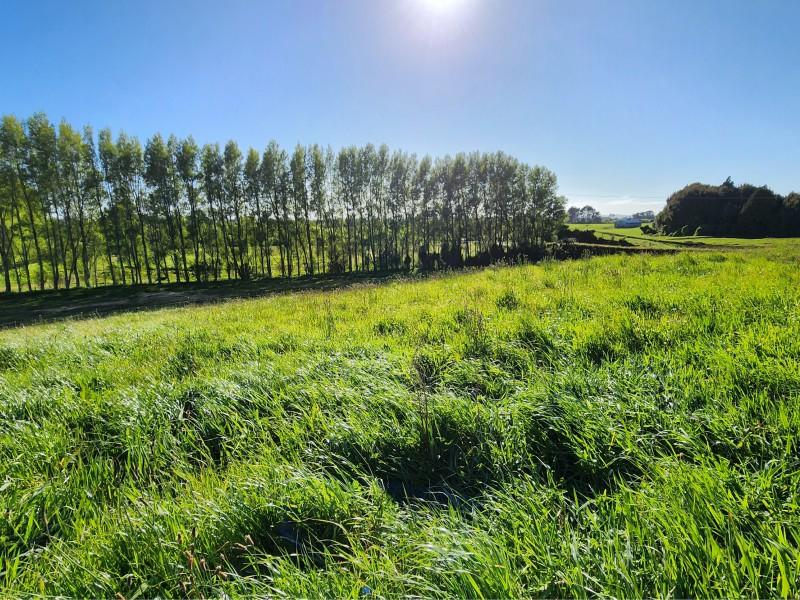
 Price on Application
Price on Application

 Marketed by Linda McIntyre & Angela Light
Marketed by Linda McIntyre & Angela Light

 Best Offers In By 2pm Tuesday 10 December 2024 (unless sold prior)
Best Offers In By 2pm Tuesday 10 December 2024 (unless sold prior)



 Marketed by Kim Cleaver
Marketed by Kim Cleaver

 Price on Application
Price on Application



 Marketed by Linda McIntyre & Angela Light
Marketed by Linda McIntyre & Angela Light

 Deadline Sale Closes 11 Dec (unless sold prior)
Deadline Sale Closes 11 Dec (unless sold prior)



 Marketed by Angela Maindonald
Marketed by Angela Maindonald

 Enquiries Over $735,000
Enquiries Over $735,000



 Marketed by Jamie Gemmell
Marketed by Jamie Gemmell

 Negotiable Over $379,000
Negotiable Over $379,000



 Marketed by Sarah & Sam
Marketed by Sarah & Sam
© Neighbourly 2024
